-
Related posts
-

David Allen IT Solutions expands operations to better serve growing client demand.
8 January 2025
-

Understanding Stamp Duty and Land and Buildings Transaction Tax
20 December 2024
-

How thoughtful giving can shape your children’s future?
10 December 2024
-

Understanding Cyber Security and why a layered approach is best
7 December 2024
-

Why you should use our team for Debt Recovery
3 December 2024
-

Stay safe this Black Friday and Cyber Monday with our cybersecurity tips for businesses and shoppers
29 November 2024
-

Are you confident your bills would be covered if an injury prevented you from working?
20 November 2024
-

What do the new National Insurance rules mean for employers?
31 October 2024
-

Why Private Medical Insurance could be a great option for you
6 October 2024
-

Representation in the industry: A female Financial Adviser’s perspective on roles within financial services
30 September 2024
-

David Allen IT Solutions are proud to be a Microsoft Surface Partner
13 September 2024
-

New research reveals worrying trends in late invoice payments, but David Allen Recovery Solutions can help
12 September 2024
-

New appointments and a promotion at David Allen Financial Services
1 August 2024
-

The King’s Speech Summary
19 July 2024
-

David Allen IT Solutions celebrates Cyber Essentials Plus renewal success
3 July 2024
-

What will happen to my money if there is a change in Government?
3 July 2024
-

Remortgaging – How David Allen Financial Services can help you
3 July 2024
-

Who would take care of your children if you passed away?
3 July 2024
-

Protect your business with effective Terms and Conditions
3 June 2024
-

BT PSTN Switch Off delayed to 31 January 2027
3 June 2024
-

David Allen IT Solutions Microsoft Partner for Modern Work
25 April 2024
-

The big PSTN Switch Off 2025
15 April 2024
-
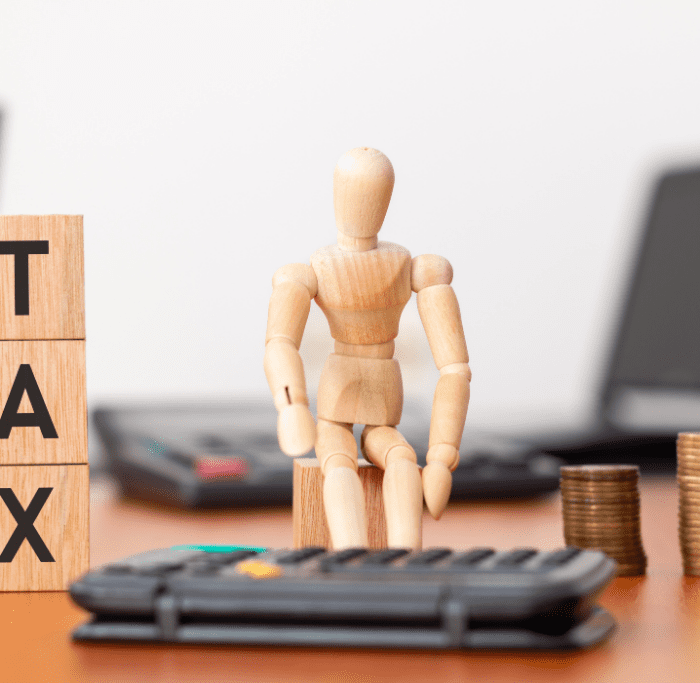
Research and Development (R&D) tax relief changes from April 2024
15 April 2024
-

Realise HR achieves Cyber Essentials Certification with David Allen IT Solutions
28 March 2024
-
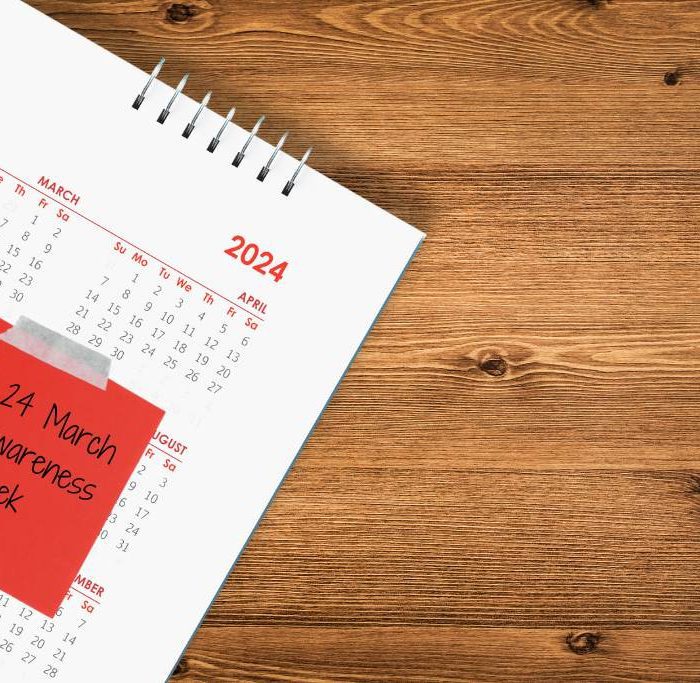
Navigating Debt During Debt Awareness Week 2024
18 March 2024
-

Prepare Your Business as Windows 10 End of Life Approaches
13 March 2024
-

‘Non-Dom’ tax rules – Spring Budget 2024
6 March 2024
-

Furnished Holiday Letting – Spring Budget 2024
6 March 2024
-

Business and Corporation Tax – Spring Budget 2024
6 March 2024
-

Pensions, Savings and Investments – Spring Budget 2024
6 March 2024
-

High Income Child Benefit Charge – Spring Budget 2024
6 March 2024
-
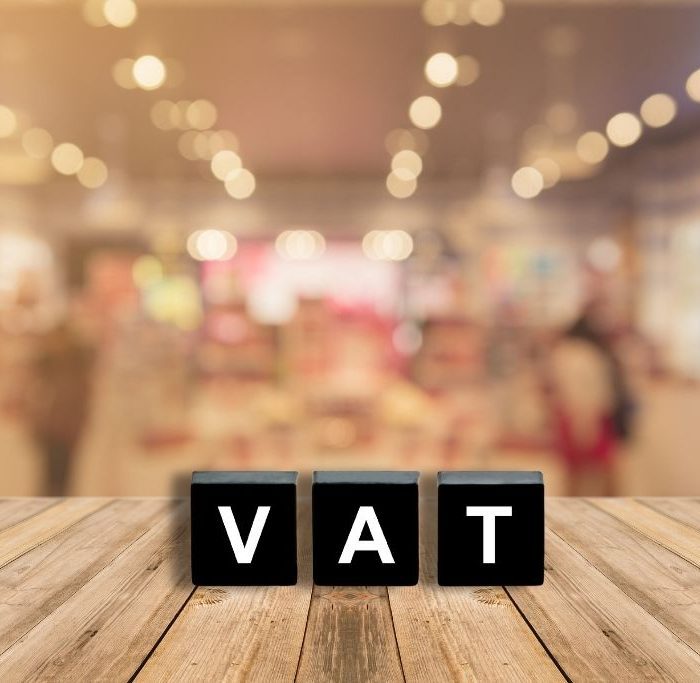
VAT and Duties – Spring Budget 2024
6 March 2024
-

National Insurance – Spring Budget 2024
6 March 2024
-

Income Tax – Spring Budget 2024
6 March 2024
-
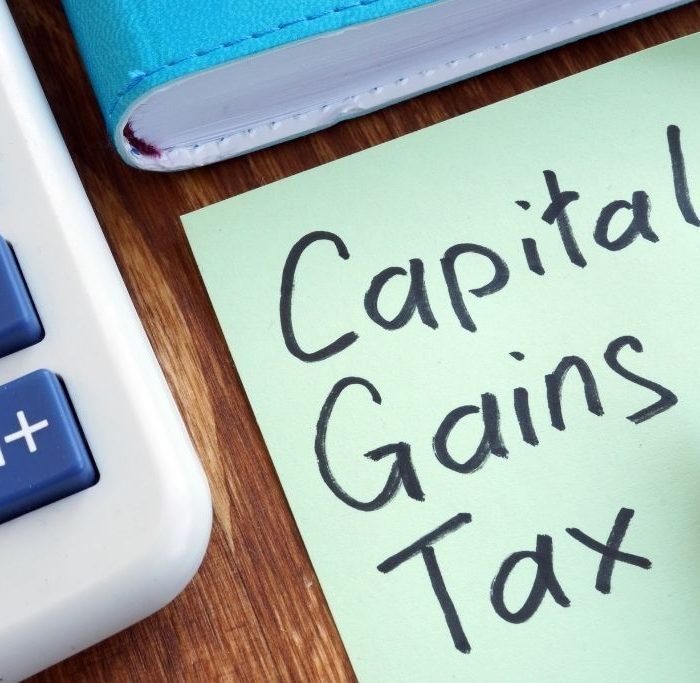
Capital Gains Tax – Spring Budget 2024
6 March 2024
-

Inheritance Tax – Spring Budget 2024
6 March 2024
-

Smooth Transition: How migrating to David Allen IT Solutions assisted McMenon Engineering
29 February 2024
-

David Allen IT Solutions and David Allen Financial Services join forces with RAW Insurance to advise on your business’s Cyber Insurance
28 February 2024
-

Celebrating 20 Years: Alison Welton’s Remarkable Journey with David Allen
9 February 2024
-

Revolutionise Your Productivity with Microsoft Copilot for Microsoft 365 with David Allen IT Solutions
8 February 2024
-

Finding the Right Time to Outsource Your Payroll with David Allen
29 January 2024
-

Choosing the right protection when taking out insurance cover
17 January 2024
-

David Allen IT Solutions and Microsoft present ‘Securing your non profit making organisation using Microsoft 365’ Webinar
3 January 2024
-

Why ad-hoc IT Support may be costly for your business
3 January 2024
-

Have You Reviewed Your Cyber Security?
2 January 2024
-

Carole Donaldson celebrates 20 Years at David Allen
19 December 2023
-

Connor Fish: A Journey from Apprenticeship to IT Excellence at David Allen IT Solutions
13 December 2023
-

What happens if I do not have a Will?
12 December 2023
-

David Allen Recovery Solutions – Meet the team
7 December 2023
-

Money and divorce
29 November 2023
-

Changes to National Insurance Contributions for the Self Employed
28 November 2023
-

Free IT Review from David Allen IT Solutions
20 November 2023
-

Different scenarios to help illustrate the issues that can arise from an intestacy
14 November 2023
-

David Allen Financial Services can help you when applying for a mortgage
9 November 2023
-

David Allen Financial Services and NEST Insurance team up to streamline your home insurance experience
31 October 2023
-
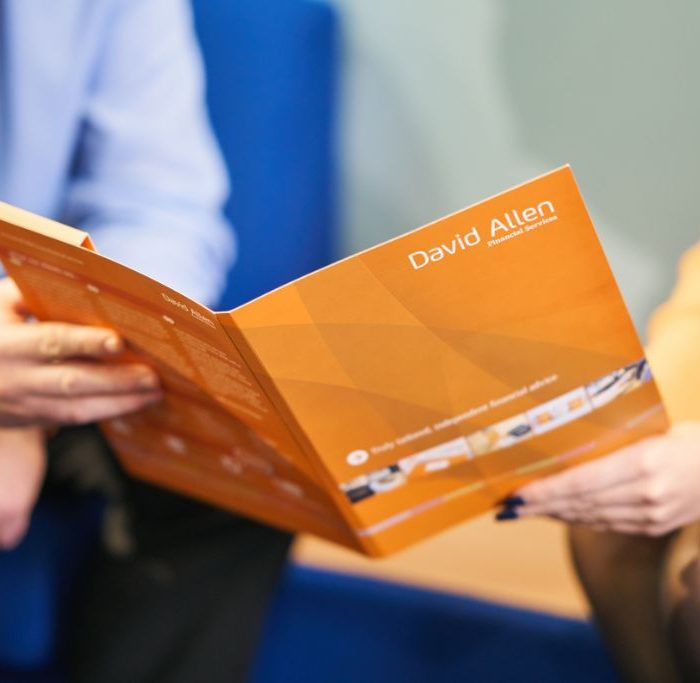
Building a reliable income stream for your golden years
31 October 2023
-

Meet your specialist Wills, Lasting Power of Attorney and Probate team at David Allen
23 October 2023
-

Vicki Benson is celebrating 10 Years at David Allen
19 October 2023
-

Katie Graham: From dairy farmer’s daughter to Agri Chartered Accountant with real world insights
16 October 2023
-

Alice Beattie: Where passion meets profession in just three days
25 September 2023
-

Holly Sproat: Returning to her roots
4 September 2023
-

Navigating Your Path to Homeownership with our Specialist Mortgage Team
25 August 2023
-

Associated Companies and Corporation Tax Explained
18 August 2023
-

The Stages of Debt Recovery
12 July 2023
-

Do you need to top up your National Insurance Credits?
7 July 2023
-

Amy Muirhead: An accountant with a Class 1 HGV licence, who would have thought?
5 July 2023
-

Farmyard Burdens – Michael Piele
4 July 2023
-

Guarantor Mortgages
28 June 2023
-

Navigating Windows Server 2012 End of Life: Your Options
28 June 2023
-

Early Bird Investors
22 June 2023
-

Are you worried about NHS waiting times?
14 June 2023
-

Changes to accounting year end dates
23 May 2023
-

New Appointment for David Allen Financial Services
12 May 2023
-

What is the Climate Change Levy?
2 May 2023
-

Careers Evening Success!
2 May 2023
-

State Pensions and Gaps in National Insurance
20 April 2023
-

Pensions Lifetime Allowance changes
20 April 2023
-

Upcoming tax changes for companies in 2023
20 April 2023
-

How much will my mortgage go up?
19 April 2023
-

Enforcement options following a County Court Judgement (CCJ)
4 April 2023
-
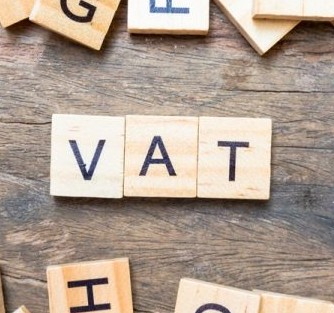
New VAT Penalties for Late Payment and Filing
23 March 2023
-
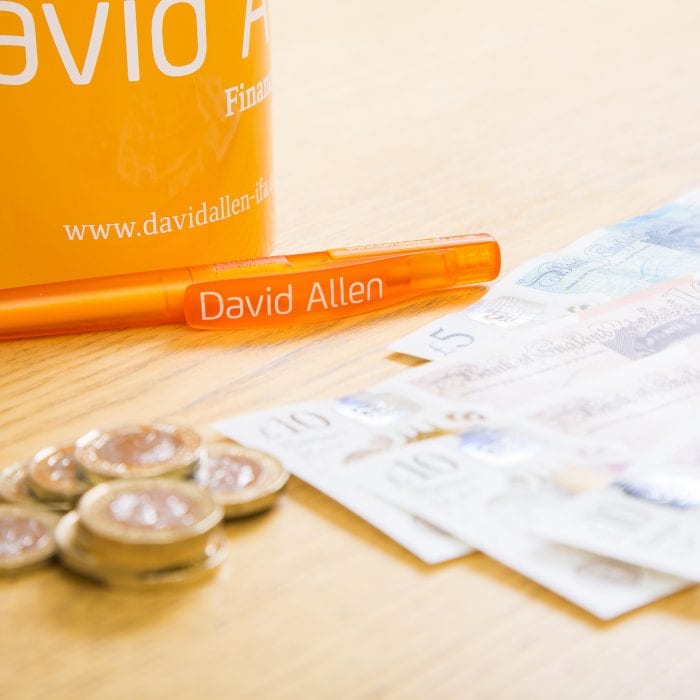
Cleaning up your finances this Spring
17 March 2023
-

Research and Development – Spring Budget 2023
15 March 2023
-

Pensions, Savings and Investments – Spring Budget 2023
15 March 2023
-

Energy Price Guarantee – Spring Budget 2023
15 March 2023
-

Business and Corporation Tax – Spring Budget 2023
15 March 2023
-
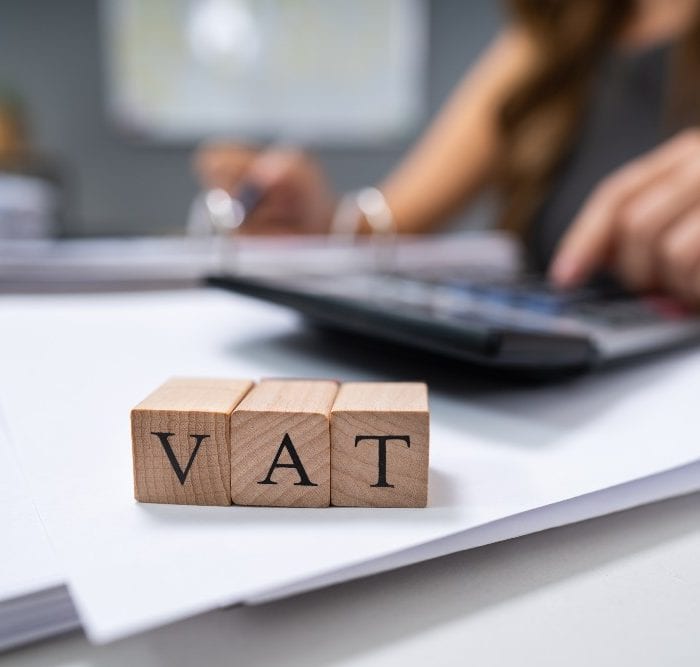
VAT and Duties – Spring Budget 2023
15 March 2023
-

Childcare, Universal Credits and Foster Care allowances – Spring Budget 2023
15 March 2023
-

National Insurance and National Minimum Wage – Spring Budget 2023
15 March 2023
-
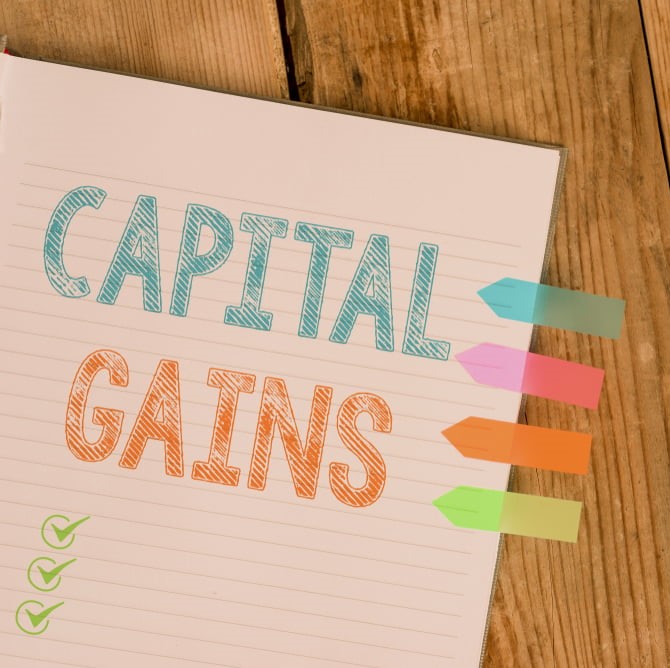
Capital Gains Tax – Spring Budget 2023
15 March 2023
-

Income Tax – Spring Budget 2023
15 March 2023
-
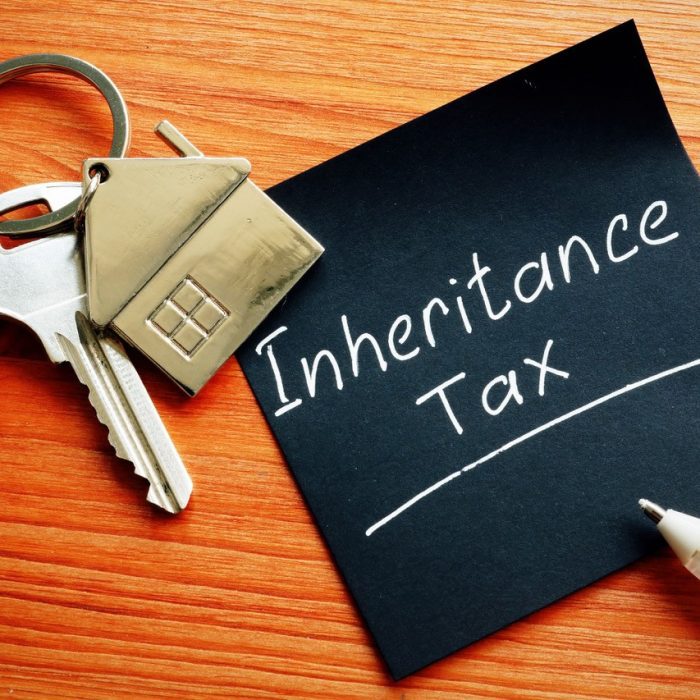
Inheritance Tax – Spring Budget 2023
15 March 2023
-
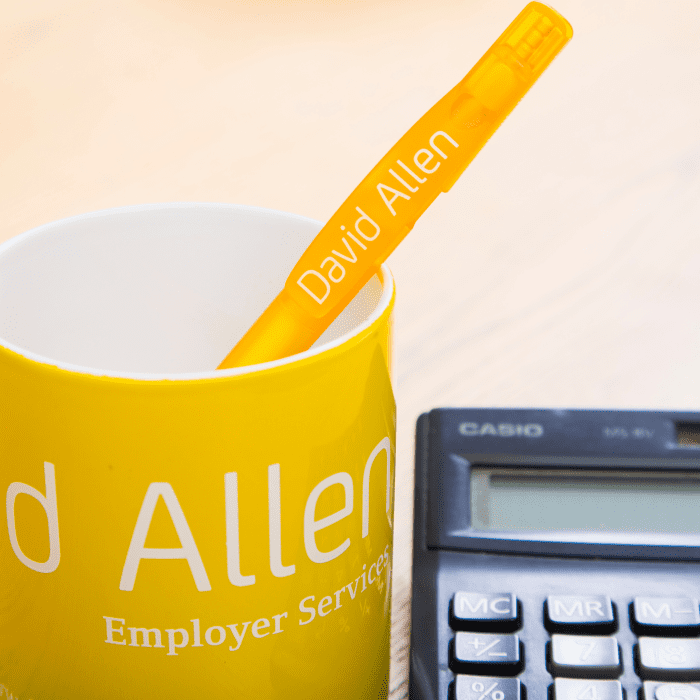
National Minimum Wage Increase – 1 April
28 February 2023
-

Research and Development (R&D) Tax Relief
4 January 2023
-

Looking to upgrade your business’ IT?
3 January 2023
-

Cyber Essentials certification takes the risk out of risky business
20 December 2022
-

Joanna Seminara celebrates 10 years at David Allen
29 November 2022
-

Frequently asked questions when it comes to re-mortgaging your property.
17 November 2022
-

Our amazing Jaimi takes on Transiberica 2022
3 October 2022
-

Windows 11 – Is now the time to embrace Microsoft’s latest operating system?
3 October 2022
-

Can I deal with probate myself?
11 August 2022
-
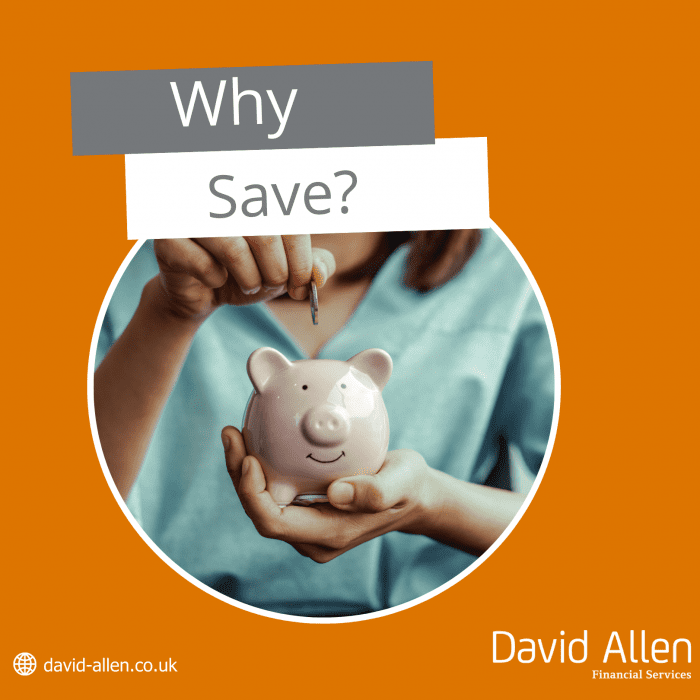
Why save?
14 July 2022
-

What is an excepted estate?
13 July 2022
-

Award winning local IT support and services for South Cumbria
6 July 2022
-

Women and Finance
15 June 2022
-

Keeping Children Safe Online
15 June 2022
-

David Allen Recovery Solutions Team Set Sights High
14 June 2022
-
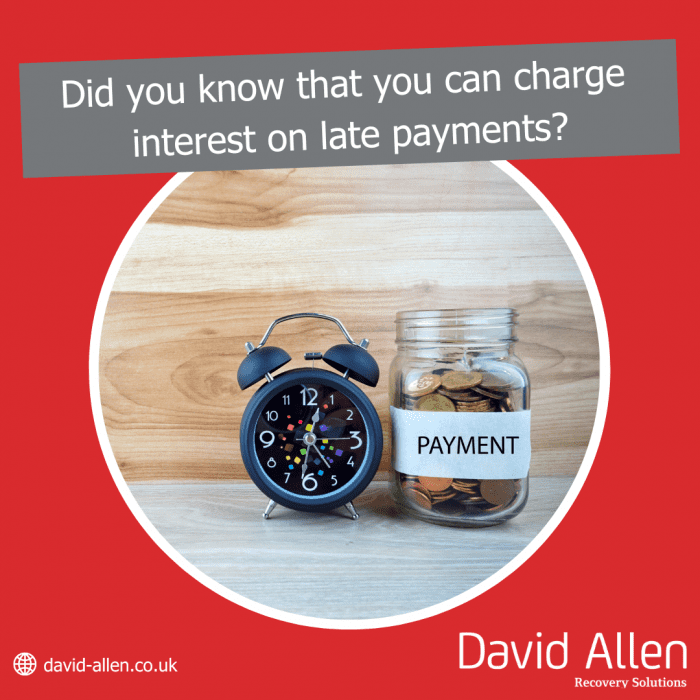
What interest can you charge on late payments?
10 June 2022
-

Farming and Finances
10 June 2022
-

Nurturing your future at David Allen
27 May 2022
-

Making Tax Digital for Income Tax – Will It Affect You?
25 May 2022
-

Research and Development (R & D) Tax Relief
25 May 2022
-

Our Expert Debt Recovery Team – Tracing Debtors
25 May 2022
-

Ensuring Our Children Are Financially Aware
20 May 2022
-

David Allen IT Solutions Sponsor The Falklands Commemorations
19 May 2022
-

What is a mortgage decision in principle?
4 May 2022
-

David Allen run for Calvert Trust
4 May 2022
-

What is Ethical Banking?
4 May 2022
-

I am an Executor of someone’s Will – what are my next steps?
28 April 2022
-

Award winning local IT support and services for the Eden District
27 April 2022
-

Top tips for self-builds
27 April 2022
-

Why use David Allen Recovery Solutions?
27 April 2022
-

Mileage allowance versus the rising cost of fuel
20 April 2022
-

Maximising Gift Aid to help your chosen charity
19 April 2022
-

Aspatria Rugby Union Club ‘amazed’ by David Allen Sponsorship
13 April 2022
-

Steve Balmer celebrates 10 years at David Allen
12 April 2022
-

The personal tax system – do you understand how it works?
11 April 2022
-

New Rate Changes
8 April 2022
-

A Head For Business – 25 Years of David Allen
7 April 2022
-

What is probate?
5 April 2022
-

Why remortgage?
1 April 2022
-

David Allen celebrates 25 year anniversary
1 April 2022
-

Spring cleaning your finances
17 March 2022
-

Stamp Duty Land Tax on Second Homes
15 March 2022
-
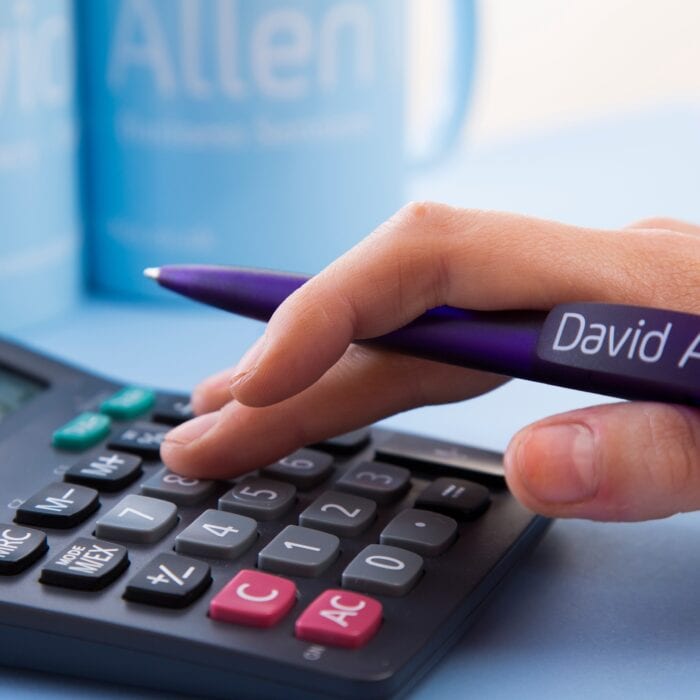
When can a Bounce Back Loan become a personal liability?
9 March 2022
-

Corporation Tax rates are increasing. Will this affect your company?
3 March 2022
-

Understanding your credit score
1 March 2022
-

Our Estate Administration Costs Calculator
1 March 2022
-

How are cryptocurrencies taxed in the UK?
1 March 2022
-

Should I be VAT registered?
24 February 2022
-

What happens when you don’t have a Will in place?
24 February 2022
-

Will you receive a full state pension?
23 February 2022
-

Award winning local IT support and services for South West Scotland and the Borders
18 February 2022
-

Year-end business tax planning – accelerating tax relief on asset purchases
14 February 2022
-
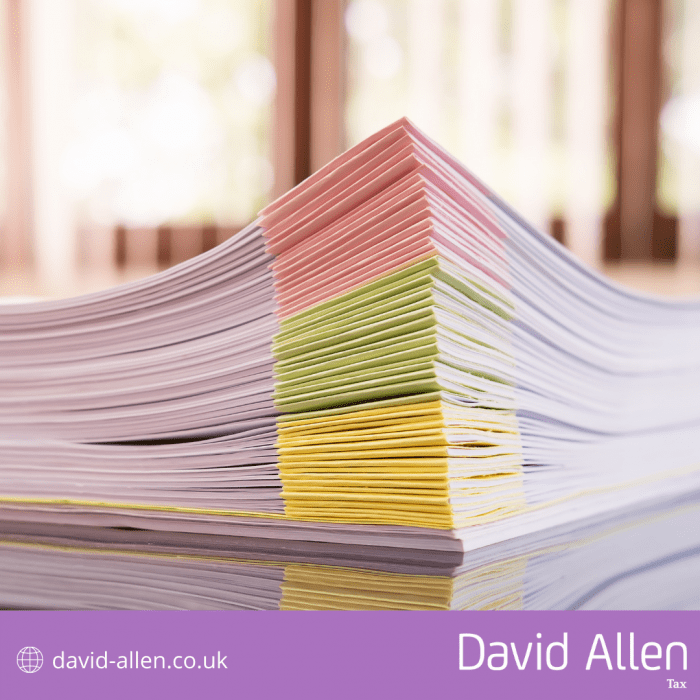
How long should you hold on to records?
10 February 2022
-

New Director for David Allen Financial Services
10 February 2022
-

Gifting Money
4 February 2022
-
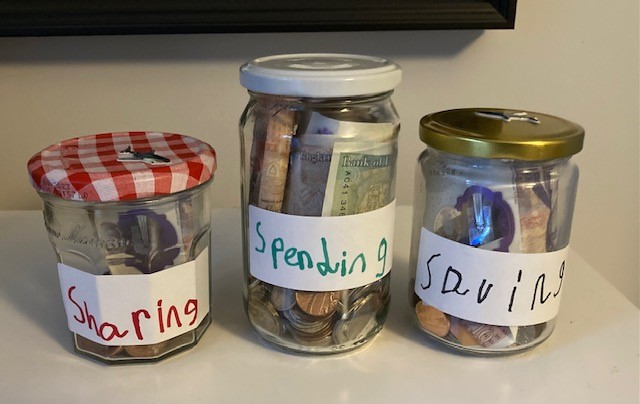
Sharing, Spending, Saving
28 January 2022
-

New Year, New business?
19 January 2022
-

Our Charity of the Year partnership 2022
14 January 2022
-

ERNIE and your savings
14 January 2022
-

Our continued IT Solutions growth in West Cumbria
10 January 2022
-

Delivering big business IT to any size firm
4 January 2022
-

What changes can affect your Will?
4 January 2022
-

Child Trust Fund or Junior ISA – which is the best option?
4 January 2022
-

Pensions following the budget
8 December 2021
-
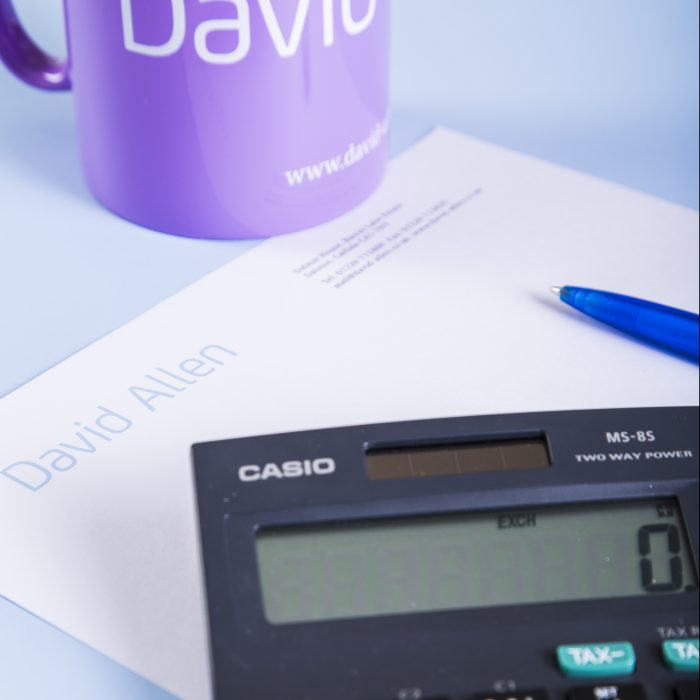
Tax Administration and Maintenance Day
2 December 2021
-

Making Tax Digital for Income Tax – Getting you ready
25 November 2021
-

Should you trade as a sole trader or limited company?
25 November 2021
-

When does a hobby become taxable?
16 November 2021
-

Talk Money Week – Mortgages
15 November 2021
-

Talk Money Week – Protection
15 November 2021
-

Talk Money Week – Junior ISA
15 November 2021
-

Talk Money Week – Savings and Investments
15 November 2021
-

Talk Money Week – Retirement
15 November 2021
-

Do you work from home?
9 November 2021
-

David Allen IT Solutions celebrates further expansion
4 November 2021
-

IT Solutions saves the day
2 November 2021
-

Tax relief brings Christmas cheer!
20 October 2021
-

Calling all homeowners!
14 October 2021
-

Why Save?
7 October 2021
-

Is Private Medical Insurance the way forward?
5 October 2021
-

The Government Kick Start Scheme and Traineeships
1 October 2021
-

Getting to know clients Peter and Carol Johnston, John Watt and Son
1 October 2021
-

How much does university cost? Should you be saving for your children’s future now?
24 September 2021
-

Chris Martin completes the gruelling ‘Fred Whitton’
24 September 2021
-

David Allen IT Solutions secure prestigious Microsoft Gold Partner status
23 September 2021
-

Lucy Metcalf celebrates ten years at David Allen
16 September 2021
-

Our Company Values
16 September 2021
-

Super-deduction tax break – what is it and how does it work?
16 September 2021
-

How much money will you need when you retire?
10 September 2021
-

“A job centered on death can be strangely life affirming” – Sarah Elsy, Trust and Estate Specialist
24 August 2021
-

Gary Martin – 30 Years in IT
6 August 2021
-

IT Consultant Neil Gilchrist joins David Allen IT Solutions
4 August 2021
-

Daniel Russell’s Exam Success
2 August 2021
-

Julie Taylor celebrates 15 years at David Allen
29 July 2021
-

Are you getting ready to claim the fifth SEISS grant?
20 July 2021
-

When a client gives feedback like this, we can’t help but share it
16 July 2021
-

Our Agricultural Partner, Michael Peile, celebrates 20 years at David Allen!
15 July 2021
-

Jaimi Wilson – One Hell of a Cyclist!
15 July 2021
-

New Accounts Apprentice joins David Allen Chartered Accountants, Dumfries.
12 July 2021
-

What do we mean by a ‘protection review’?
8 July 2021
-

Income protection…with a little something extra!
13 June 2021
-

To gift or not to gift?
4 May 2021
-

Help! My mortgage has gone on to my lender’s ‘standard variable rate’, what does this mean?
30 April 2021
-
Meet Donna Wilson, our mortgage and protection specialist
6 April 2021
-

Is your pension working hard enough for you?
24 March 2021
-

Removing the stigma surrounding Financial Advisers
10 March 2021
-

Financial Wellbeing and everything in between
2 March 2021
-

David Allen adds sixteen years’ experience to their financial services team in Dumfries
24 February 2021
-

How a great auditor can add value to your business
27 January 2021
-

Developing a career in auditing
10 December 2020
-

Tips for Cyber-Safe Christmas Shopping
7 December 2020
-

Dealing with a loved one’s last wishes – probate and why using David Allen makes sense
19 November 2020
-

The Big Switch Off 2025
3 November 2020
-

David Allen Financial Services collaborate with Watchtree Nature Reserve
29 October 2020
-

Contingent Charging and the value of advice (For Information Only)
29 September 2020
-
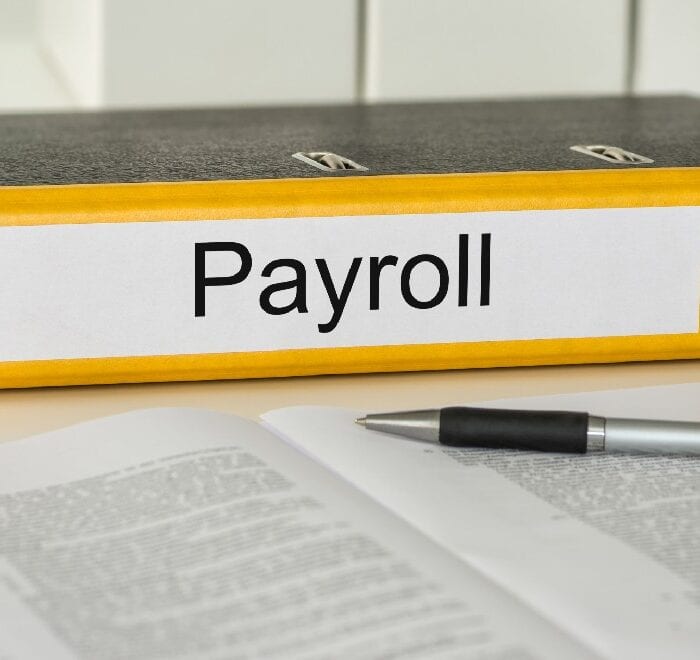
The benefits of outsourcing your payroll to a specialist
8 September 2020
-

The importance of using a mortgage broker
28 August 2020
-

The debt recovery team who go the extra mile
4 August 2020
-

How can we remove the stress that unpaid debt places on clients?
20 July 2020
-

Business as usual for David Allen
29 June 2020
-

How do you boost your Financial Wellbeing?
15 June 2020

